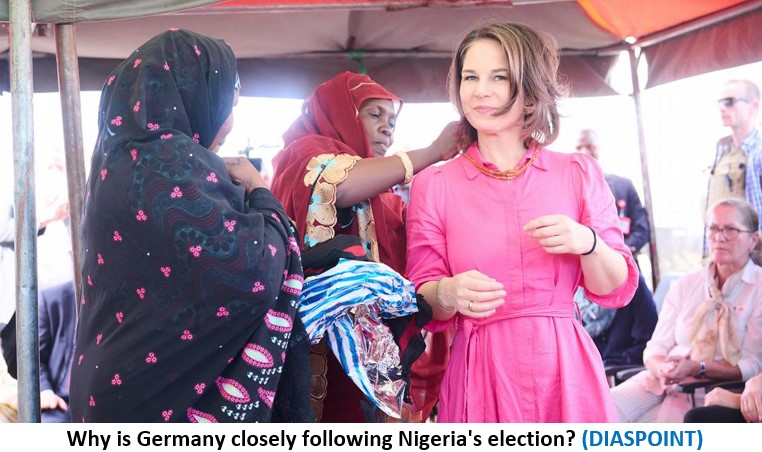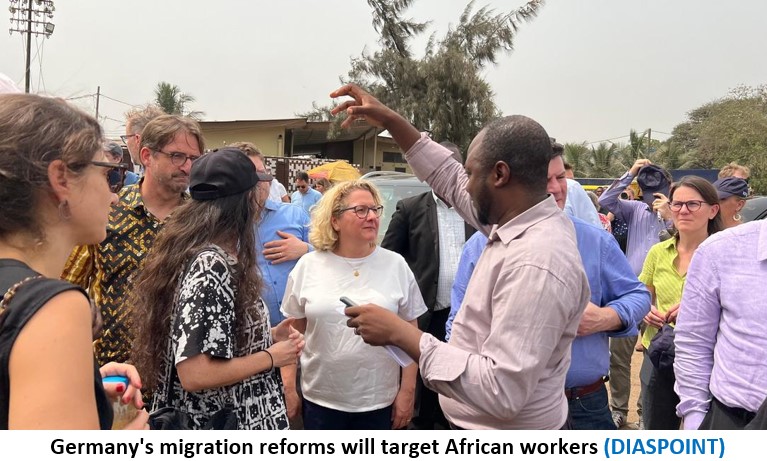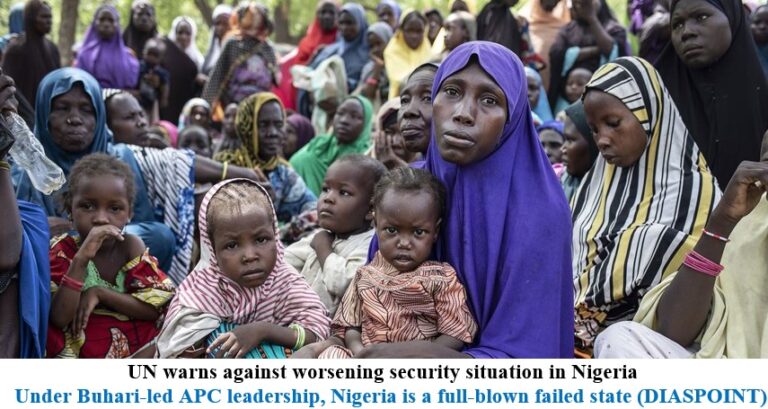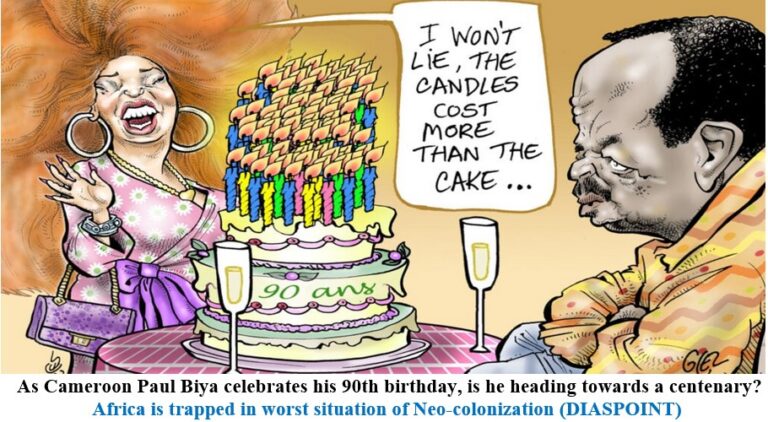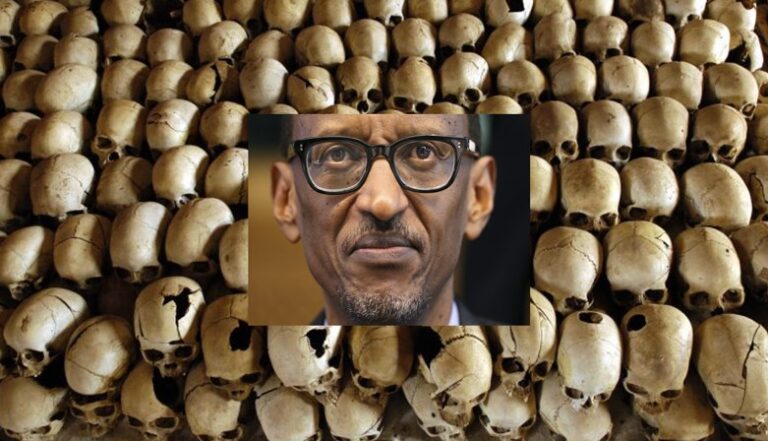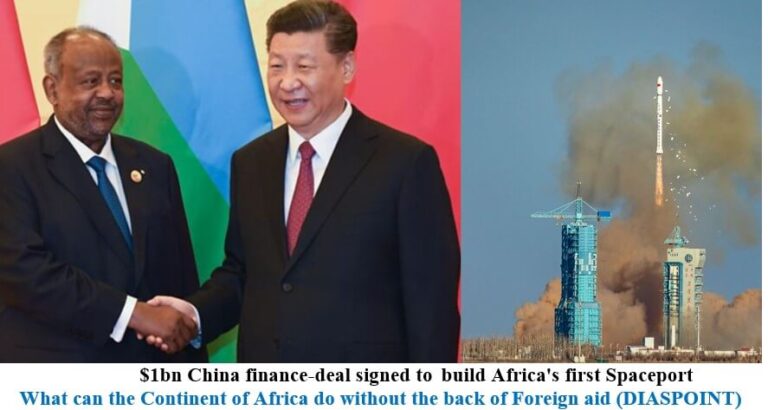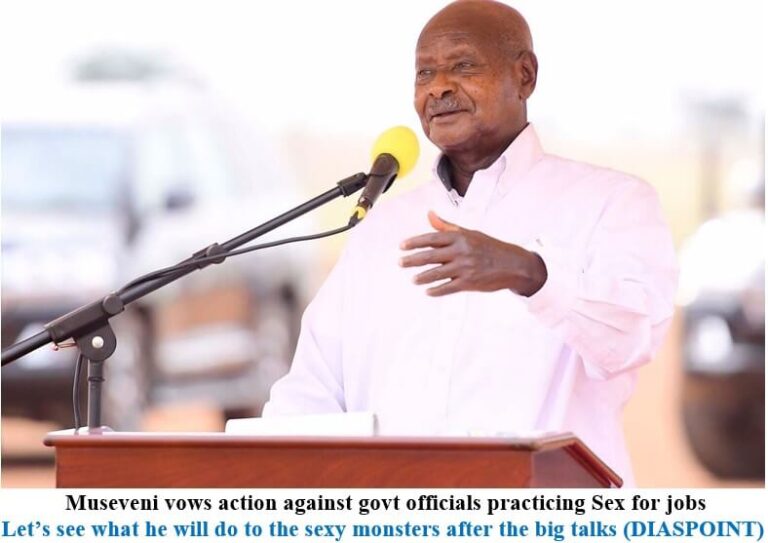Why is Germany closely following Nigeria’s election?
Nigerians are angry about their country’s economic woes and violent conflicts — perhaps not the best environment in which to hold a smooth election. But the result will impact the West African nation’s ties with Germany.
The stakes are not only high for the candidates running in Nigeria’s 2023 election. The world will be watching closely to see how the poll is run and who will win. That’s because Nigeria is not just any country, but “a voice that carries international weight,” as German Foreign Minister Annalena Baerbock put it last year.
Nigeria is Africa’s largest economy and most populous country. Abuja’s influence on how the African Union positions itself on international issues, be they climate change or Russia’s war in Ukraine, is correspondingly great.
“We want to work more closely with this important partner,” Baerbock said ahead of her December 2022 trip to Nigeria. Observers believe that whether this will happen or not, depends on how the elections go.
“It is the first time that we are holding elections in a state of general uncertainty. The territorial integrity of Nigeria is at stake,” said Nkwachukwu Orji of the University of Nigeria.
Separatists and criminal gangs in the south, bloody conflicts between farmers and herders in the center and Islamist terror in the north have plunged large parts of the country into chaos.
Rising tensions amid closely contested race
Political observers in Berlin and other European capitals fear the situation could further deteriorate. Previous elections have led to outbreaks of violence, although the security situation was better then. This election is being very closely contested because Nigerian President Muhammadu Buhari must step down after serving two terms.
Three presidential hopefuls are vying to succeed him. Besides Bola Tinubu of the ruling All Progressives Congress and former Vice President Atiku Abubakar of the People’s Democratic Party — two parties that have dominated Nigeria’s politics since the 1990s — there is another strong contender: Millionaire businessman Peter Obi for the Labour Party, a particularly popular contender among young voters.
Western donors are worried that the outcome of the election might lead to violence or long disputes over the winner, weakening Nigeria’s leadership role in Africa. But it need not come to that.
“The outcome of elections in Nigeria is difficult to predict. Several times in Nigeria’s history, there have been fears of violence after an election, and nothing happened,” said Lynda Iroulo of Georgetown University in the United States. Nigeria’s then-President Goodluck Jonathan, who relinquished power peacefully after his defeat in 2015, is one example.
Western countries worry about migration

